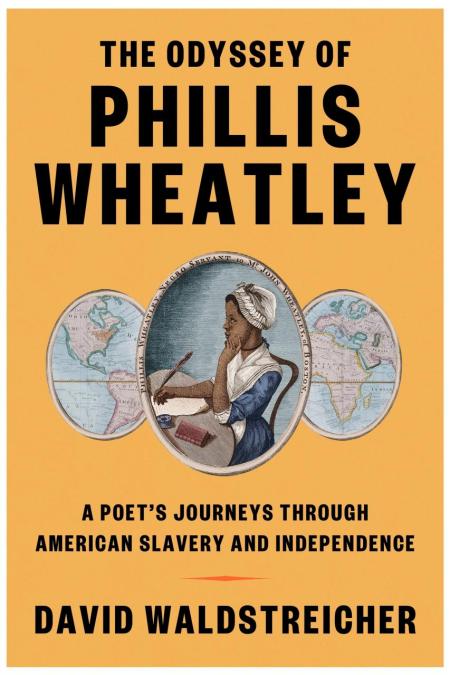
American Antiquarian Society
185 Salisbury Street
Worcester, MA 01609
United States
Admired by George Washington, ridiculed by Thomas Jefferson, published in London, and read far and wide, Phillis Wheatley led one of the most extraordinary American lives. Seized in West Africa and forced into slavery as a child, she was sold to a merchant family in Boston, where she became a noted poet at a young age. Mastering the Bible, Greek and Latin translations, and the works of Pope and Milton, she composed elegies for local elites, celebrated political events, praised warriors, and used her verse to variously lampoon, question, and assert the injustice of her enslaved condition. “Can I then but pray / Others may never feel tyrannic sway?” By doing so, she added her voice to a vibrant, multisided conversation about race, slavery, and discontent with British rule; before and after her emancipation, her verses shook up racial etiquette and used familiar forms to create bold new meanings. She demonstrated a complex but crucial fact of the times: that the American Revolution both strengthened and limited Black slavery.
Join us virtually as historian David Waldstreicher offers the fullest account to date of Wheatley’s life and works, correcting myths, reconstructing intimate friendships, and deepening our understanding of her verse and the revolutionary era. Throughout The Odyssey of Phillis Wheatley, he demonstrates the continued vitality and resonance of a woman who wrote, in a founding gesture of American literature, “Thy Power, O Liberty, makes strong the weak / And (wond’rous instinct) Ethiopians speak.”

Distinguished Professor of History at The Graduate Center of the City University of New York, and was elected to AAS membership in 2005. He is also the author of In the Midst of Perpetual Fetes; the Making of American Nationalism, 1776-1820, Runaway America: Benjamin Franklin, Slavery, and the American Revolution, and Slavery's Constitution: From Revolution to Ratification. He edited the Diaries of John Quincy Adams, 1779-1846 for the Library of America, and is currently working on a companion volume of speeches and other writings. Photo credit: Paula Vlodkowsky.

